Are you interested in volunteering with Habitat for Humanity Kenya?
We have put together some of the most frequently asked questions about the volunteering process and experience. We hope the answers are helpful to you.
If you have additional questions, please email the Volunteer Program Team at build@hfhkenya.org
Who can be a volunteer?
Anyone can build.
The minimum age for minors is 18 years old. School teams must have a chaperone-to-pupil ratio of 1 to 5, and each chaperone must be older than 24 years old. Open teams (teams compromised of individuals who do not know each other) with children on board should have their parents or parental consent with delegated guardian to accompany the children. The delegated guardian should be over 24 years old.
How do you volunteer for Habitat for Humanity?
There are many ways to volunteer. Visit our Volunteer section to learn how to:
- Volunteer as part of a CSR (Corporate Social Responsibility) event in your corporate
- Volunteer as part of a group – group of individuals, school, religious institution
- Offer pro bono services
Where does Habitat for Humanity Kenya operate?
Habitat for Humanity Kenya currently operates in six counties: Laikipia, Machakos, Homabay, Kisumu, Makueni and Tana River. The national office is in Nairobi.
How does the Local Volunteer Engagement Program work?
The Local Volunteer Engagement Program brings volunteers from corporates, learning institutions, faith-based institutions, and individuals to offer sweat equity and donate toward the building.
What kind of construction work would I do?
Construction work varies depending on the building location, the local construction techniques, and the stage the building program has reached at the time of your building event. You could be, for example, digging foundations, mixing concrete, or mortar, laying blocks, moving bricks/blocks, construction of roofing materials, construction of reinforcement bars, plastering and painting.
Does Habitat for Humanity only build new houses?
Habitat for Humanity Kenya works in several diverse ways to create decent, affordable housing. In addition to new construction, we renovate existing homes for vulnerable people in many communities. The improvement intervention focuses on targeting vulnerable families with adequate housing whose quality standard requires improvement and repairs to achieve the required minimum quality standards.
Habitat for Humanity Kenya also trains women, youth and other community groups on financial literacy, and consumer education hence enhancing their confidence and capacity to access housing financing products from formal financial institutions.
Habitat for Humanity Kenya works with local communities to build resilience against natural disasters and to resettle and restore communities after a disaster.
Our advocacy work raises awareness and support for decent and affordable housing in Kenya especially in land security of tenure.
What determines the cost of participating in a build event?
Volunteers cover the expenses they will incur specific to the engagement project and the trip coordination costs. This includes; a donation to the Habitat for Humanity Kenya building program, meals, accommodation, and transport. Accommodation only applies for a team choosing to stay at the building location for more than 1 day but also varies depending on the location. Habitat for Humanity Kenya will support in the planning of these coordination.
What are the minimum and maximum team sizes for a build event team?
The minimum size varies depending on the type of project and the number of homes to be built. For a single-family home, team size ranges from 15 to 20 members. The maximum size of a team in an event is 30 participants.
Can I join the trip in any health condition?
Volunteering in build events can be physically demanding. A physical disability or a medical condition, however, should not prevent you from taking part. We will ensure a participatory planning where issues specific to every team are identified, discussed, and agreed upon. If there is likely to be a problem, we recommend prior consultations and approval by a certified medical consultant.
What about safety on the building site?
Your safety is of paramount importance for us, and we always try to minimize risk. In case of an accident, there will be access to qualified medical consultation and services regardless of your team’s location. All building events have first aid trained personnel available. In addition, a thorough health and safety orientation is conducted before every building activity.
What kind of donations does Habitat for Humanity accept?
Habitat for Humanity Kenya depends on financial donations and volunteers’ time, gifts in kind and skills to help achieve our work. These donations help families build a place they can call home.
For large corporations and groups wishing to make bulk donations of goods and materials, please email: build@hfhkenya.org to discuss how this can be done.
All donations of any amount are deeply appreciated.
Professionals can donate their time and skills to offer Habitat for Humanity Kenya pro bono services in numerous ways. Please email build@hfhkenya.org to discuss this further.
How are donations distributed and used?
Donations are allocated in support of the construction needs. Homeowners need to have a valid land title deed or a letter of allocation to have the home construction done. The Homeowners are selected and ranked according to highest vulnerability. Distribution of goods is done in collaboration with the community steering committee and local administration to ensure fair and accurate distribution.

